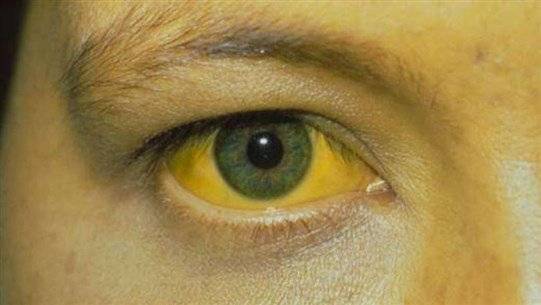A meeting was held at the Tripoli Saraya for a crisis cell to discuss the latest updates on viral hepatitis, which has affected several citizens in some neighborhoods of the city. The meeting was attended by the Secretary-General of the municipality, Ms. Iman Al-Rafii, the head of the health department, Dr. Saadallah Sabouna, the Tripoli court doctor, Dr. Rabi Amoon, the governor's advisor for coordination with organizations, Dr. Maher Tamim, representatives from the municipalities of Tripoli and Al-Mina, and representatives from UNICEF, the refugee commission, and the Red Cross.
After presenting the steps taken to prevent the spread of the disease, the following recommendations were issued:
- Urging the officials of the Tripoli municipality and the municipalities in the jurisdiction to conduct field inspections on excavations, rehabilitate sewage systems, and conduct regular maintenance, particularly in the Al-Shahrani, Dhahr Al-Maghar, and Talat Al-Imri areas where most cases have occurred.
- Requesting the North Lebanon Water Authority to complete the procedures it has started regarding the removal of all connections to the old water network and to carry out regular testing to ensure water safety.
- Taking appropriate action by the governor of the North regarding unlicensed water filling stations.
- Encouraging international and non-governmental organizations to provide support to the North Lebanon Water Authority to ensure the continuity of operations, including securing fuel or renewable energy support and performing necessary maintenance, due to the institution's limited financial capacity to meet the required needs.
- Including the awareness campaign in all neighborhoods and areas after the Ministry of Health, in collaboration with UNICEF and its partners, launched a campaign focused on prevention and hygiene, and to cooperate with primary health care centers and the municipalities in the jurisdiction.
In conclusion, attendees agreed on the necessity of following up to prevent the spread of the disease or any other diseases, especially given the deteriorating social, health, and environmental conditions, particularly in marginalized areas.




